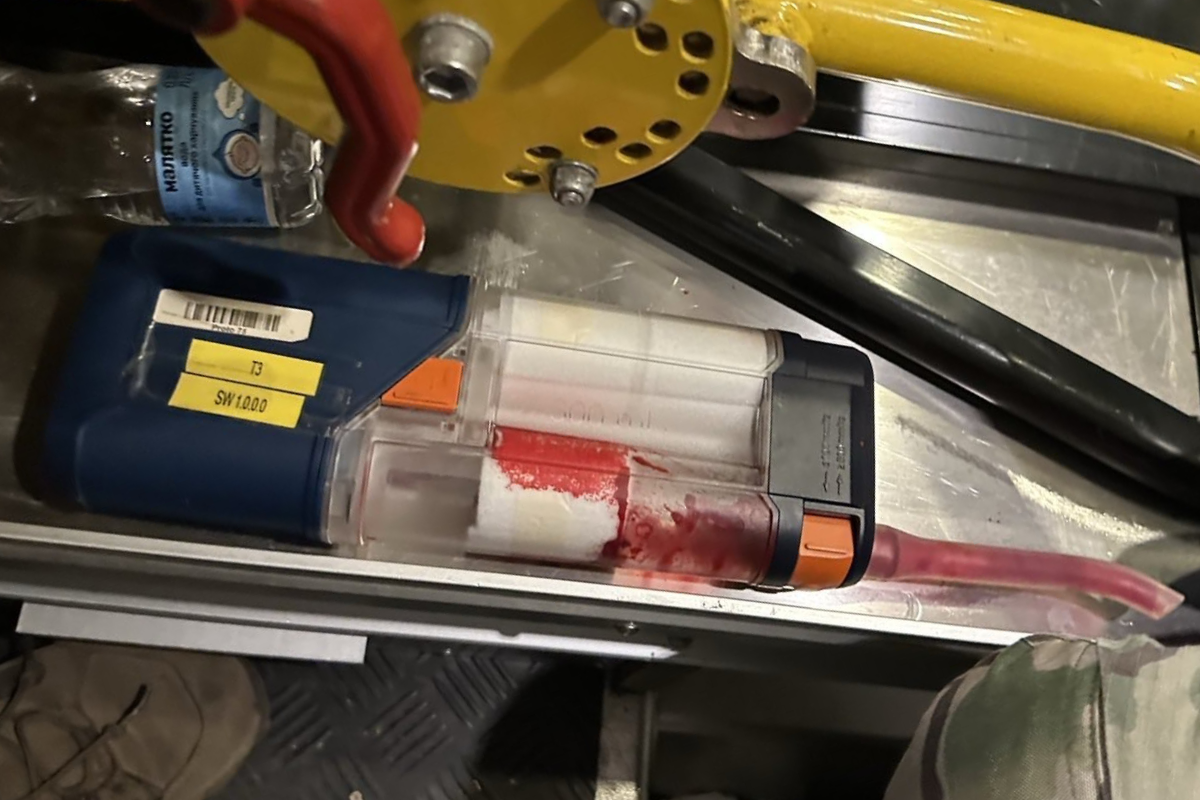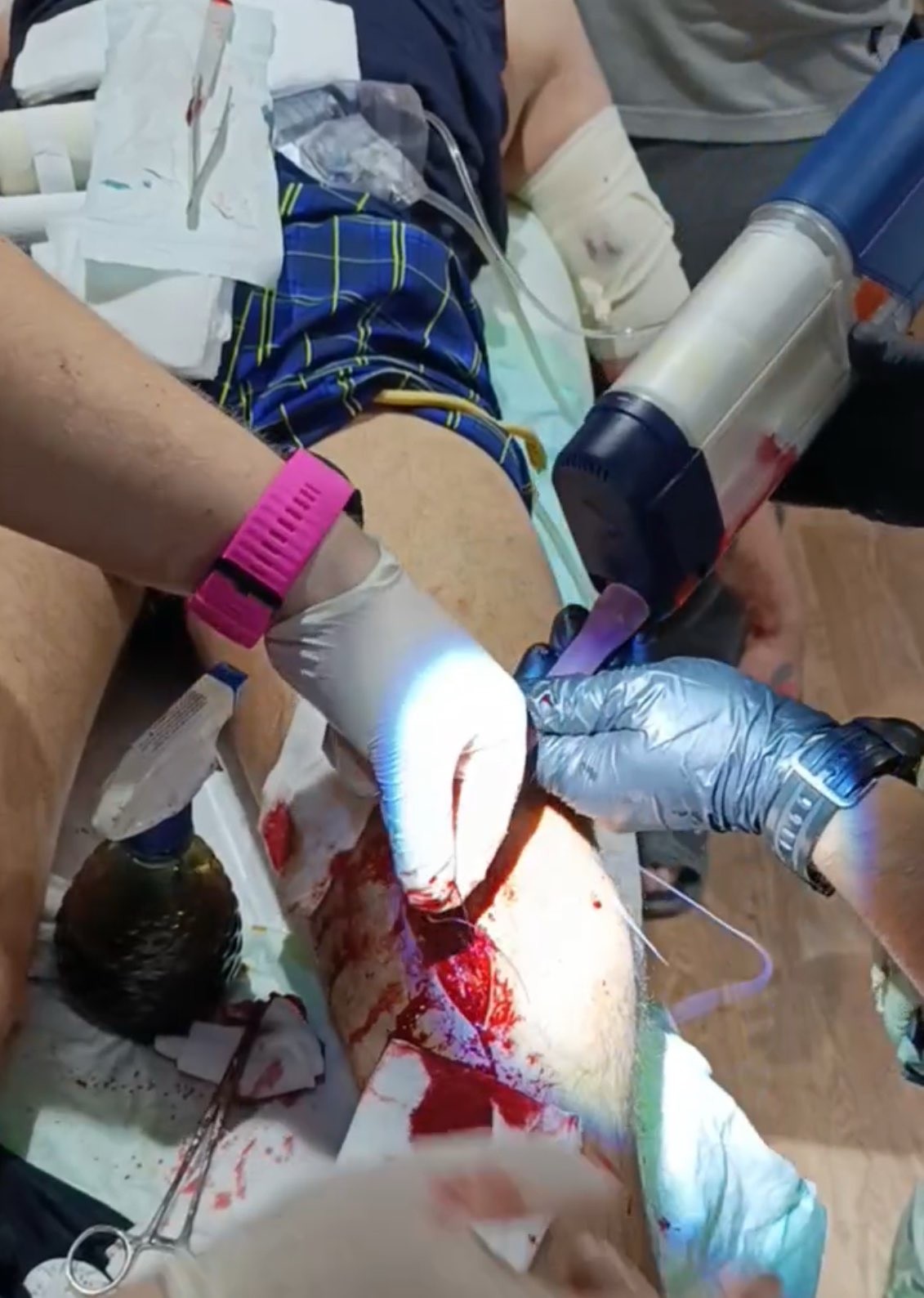CARY Saves Lives on the Frontlines

Published
December 14, 2025
From Idea to Reality: CARY on the Frontline
Through close collaboration with the Norwegian Armed Forces and the Norwegian Defense Research Establishment (FFI) over several years, Excitus Medical was selected through a comprehensive tender process to scale up production and initially deliver 100 units of CARY to the Norwegian Defense.
A portion of these units have been sent to various operative regiments in Ukraine, where the need for reliable medical equipment is both critical and continuously increasing.
Ukraine remains in an extraordinary situation, where combat medics and emergency medical teams must save lives under extreme conditions every day.
For this reason, the country in war represents an ideal environment to test CARY in real-world scenarios. Here, the device is exposed to unpredictable conditions, long transport distances, and intensive field use — circumstances that truly test its quality, efficiency, safety, and ease of use.
MARCH – The Foundation of lifesaving care
In modern emergency medicine, especially in military and prehospital settings, the MARCH protocol provides a structured approach to saving lives in the field.
MARCH stands for Massive bleeding, Airway, Respiration, Circulation, Hypothermia/Head injury.
This framework helps medics prioritize lifesaving actions when every second counts. CARY plays a vital role in this chain – particularly in the A (Airway)and R (Respiration) phases – where clearing and maintaining an open airway can mean the difference between life and death.
“CARY was developed to support the MARCH process. It gives medics a powerful, portable, and reliable tool for airway management – even under the most challenging conditions,” says Øystein Refseth, CEO of Excitus Medical.
Field testing in Ukraine
CARY has been in use at different military regiments and emergency teams across the frontline in Ukraine. The focus has been to evaluate performance, reliability, and user-friendliness under real war conditions.

CARY is designed to be lightweight, portable, and instantly operational. The handheld suction unit can be used in any position and provides up to four hours of continuous operation on a single charge – making it exceptionally well-suited for field and frontline medical operations.
Our CEO, Øystein Refseth, met with Lieutenant Colonel Ihor Shcherbakov, Chief of Supply and Services at the Medical Force Command of the Armed Forces of Ukraine – the department responsible for evaluating and distributing medical equipment to military units.
During the meeting, it was concluded that the Medical Force Command foresees a total need for approximately 60,000–80,000 CARY units, with an immediate requirement for 10,000 portable suction devices to support frontline medical teams.
CARY has also been field-tested with CASEVAC Ground Forces – TACMED NORTH – Donbas, who have provided highly positive feedback and strong recommendations for its use.
“In time, we hope that every combat medic will have a CARY in their medevac kit,” one of the field medics commented.
Results and Feedback
The testing in Ukraine has resulted in overwhelmingly positive feedback from several regiments within the Ukrainian Armed Forces.
“There is an urgent need for CARY in the field. During the testing phase, we have already received confirmed reports that CARY has been used in many critical situations supporting the medics on the battlefield,” says Øystein Refseth, CEO of Excitus Medical.
The insights gained from the field testing in Ukraine have strengthened our commitment to continuous improvement and innovation.
“Our goal is clear: CARY should be a reliable lifesaver and work in the toughest environments — fast, reliable, and easy to use under pressure.” concludes Refseth.